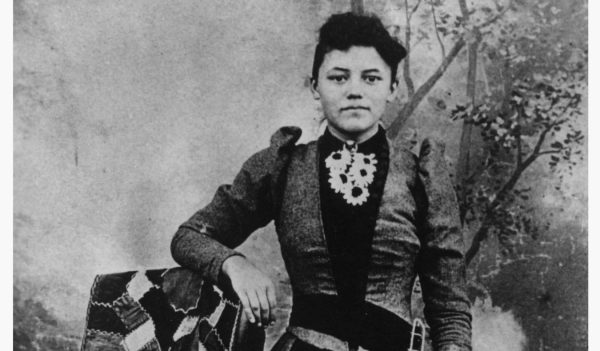Virginia’s ratification of ERA brings it into uncertain territory
February 5, 2020
In a single 23-word sentence, a new constitutional amendment may guarantee equal protection under the law on the basis of sex.
The proposed Equal Rights Amendment would require the “equality of rights under the law.” Equality could “not be denied or abridged by the United States or any State on account of sex.”
Virginia became the 38th state to ratify the ERA on Jan. 15, allowing the Amendment to reach the three-fourths ratification requirement as outlined by Article 5 of the Constitution. However, conflict over a 1982 Congressional ratification deadline puts the ERA in constitutional limbo.
The House of Representatives will consider a resolution to remove its original ratification deadline in February, according to the office of Majority Leader Steny Hoyer (D).
A court battle is expected as three democratic state attorney generals sue the federal government over the ERA’s ratification after David Ferriero, Archivist of the United States, said he would “take no action to certify the adoption of the Equal Rights Amendment.”
In North Carolina, the ERA has been the subject of debate for years, reigniting in 2019.
In March, House Bill 271 was introduced in the General Assembly’s House of Representatives and co-sponsored by state representative and App State professor Ray Russell (D).
HB 271, titled “An Act to Ratify the Equal Rights Amendment to the Constitution of the United States of America Relating to Equal Rights for Men and Women,” is pending action from the Judiciary House Standing Committee since its introduction.
“Women and men, children of mothers, grandchildren of grandmothers and fathers of daughters: All of us have good reasons to make sure women have the same rights under the law,” Russell said in a press release. “It is time. It is past the time to ratify the ERA.”
A sister bill, Senate Bill 184, was also filed in March 2019 in the North Carolina Senate aiming to ratify the ERA.
SB 184 has awaited action from the Committee for Rules and Operations of the Senate since its introduction.
Both bills are not expected to leave their respective committees.
“It makes me upset it was never passed in the first place,” said Emma Rose Bancroft, a sophomore volunteer in the Women’s Center and double major in psychology and gender, women, and sexuality studies. “It is far too late and far overdue.”
Ratification of the ERA has seen a partisan divide in North Carolina. HB 271 and SB 184 saw 55 State Representatives and 21 State Senators as co-sponsors.
All co-sponsors were members of the Democratic Party.
State Senator Deanna Ballard (R) did not sponsor SB 184 when it was proposed in 2019. Ballad did not return multiple requests for comment.
In the General Assembly, a sponsor is a representative or senator who presents a bill for consideration. Those who support the bill are known as co-sponsors.
The Trump administration has weighed in on federal action concerning the ratification of the ERA following the publishing of a legal opinion by the U.S. Justice Department’s Office of Legal Counsel in January.
The amendment was first supported by both chambers of Congress in 1972. As such, Congress proposed it to the states setting a 1982 ratification deadline.
The ERA missed the deadline with only 35 states ratifying it. Nevada, Illinois and Virginia became the 36th, 37th and 38th states in 2017, 2018 and 2020, respectively.
In its opinion, the Trump administration argues Congress has no authority to review the ERA again.
“Congress may not revive a proposed amendment after the deadline has expired,” the opinion reads. “Should the people…wish to adopt the ERA…then the appropriate path is for Congress…to propose that amendment once more.”











